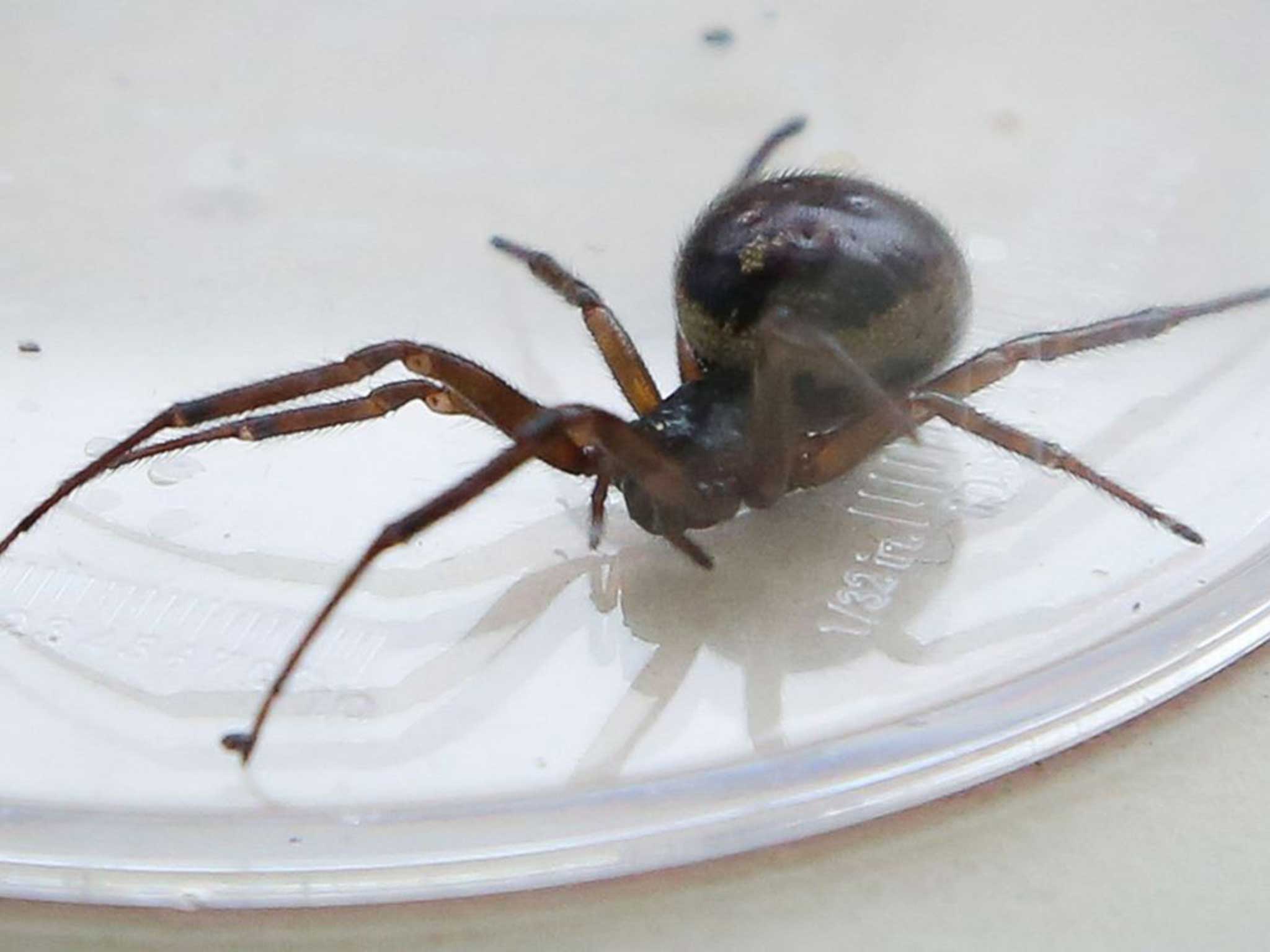East London schools shut for up to a month after false widow spider infestation discovered
'These spiders can bite humans and the bite is unpleasant'

Your support helps us to tell the story
From reproductive rights to climate change to Big Tech, The Independent is on the ground when the story is developing. Whether it's investigating the financials of Elon Musk's pro-Trump PAC or producing our latest documentary, 'The A Word', which shines a light on the American women fighting for reproductive rights, we know how important it is to parse out the facts from the messaging.
At such a critical moment in US history, we need reporters on the ground. Your donation allows us to keep sending journalists to speak to both sides of the story.
The Independent is trusted by Americans across the entire political spectrum. And unlike many other quality news outlets, we choose not to lock Americans out of our reporting and analysis with paywalls. We believe quality journalism should be available to everyone, paid for by those who can afford it.
Your support makes all the difference.Four schools have been closed for up to a month after false widow spiders infestations were discovered.
Infestations of the venomous spiders have been found in east London, forcing headteachers of two primary schools and two secondary schools to shut down lessons until further notice.
Rokeby School, in Newham, is due to remain closed until after the half-term break after spiders were found on site. The pupils will be set work online until the school reopens on 29 October.
Charlotte Robinson, headteacher of Rokeby School, said in a letter to parents: “The safety and wellbeing of students and staff must be our priority so whilst I understand that this may be very inconvenient for you it is in your child’s best interest to remain at home and not at school.”
Another secondary school, Lister Community School in Plaistow, was closed after teachers were informed of the local infestations by Newham Council.
Headteacher Anthony Wilson said: “These spiders can bite humans, and the bite is unpleasant.” He added that there were no reports of anyone being bitten by the spiders at the school so far.
Teachers have not had the opportunity to set home learning tasks due to the sudden news, Mr Wilson said, but the secondary school hopes to reopen by the end of the week.
Star Primary School in Newham and Ellen Wilkinson School in Beckton have not given a date for when they expect to reopen following the discovery of infestations on the school sites.
Lisle Von Buchenroder, head of Star Primary School, said: “I can only imagine the impact that this will have on all of our working parents and I sincerely apologise for the inconvenience this is causing you.”
She added she was intending ”to arrange further work for children to complete at home and explore the possibility of using alternative venues next week as a possible solution”.
In a statement given to the Newham Recorder on Wednesday, a spokesperson for Newham Council said four schools had been closed to treat a "noble false widow spider infestation".
It said: “The spiders only bite if mishandled or provoked. The venom is not particularly potent. Often, the symptoms are no worse than the pain of a wasp sting; however, extra precautions need to be taken around those that are vulnerable i.e. under the age of five, the elderly or those on medication.
“The schools are being treated and fumigated and we are working with the schools to ensure that children can continue to receive an education whilst their school is closed. Pupils are being set work via the schools and will remain in contact with schools.
“We are asking all our schools and nurseries to proactively check their premises carefully for these spiders and if they see any signs, then contact environmental health or pest control as well as notifying the council.”
The venomous arachnid, which has been in Britain for the past 130 years, is a cousin of the deadly black widow spider, but unlike its close relative, its bites are not fatal to humans.
There have been isolated cases of people needing hospital treatment after being bitten, but generally, symptoms are typically limited to pain around the bite and swelling. Most serious cases are often due to an allergic reaction to the spider’s venom.
Join our commenting forum
Join thought-provoking conversations, follow other Independent readers and see their replies
Comments